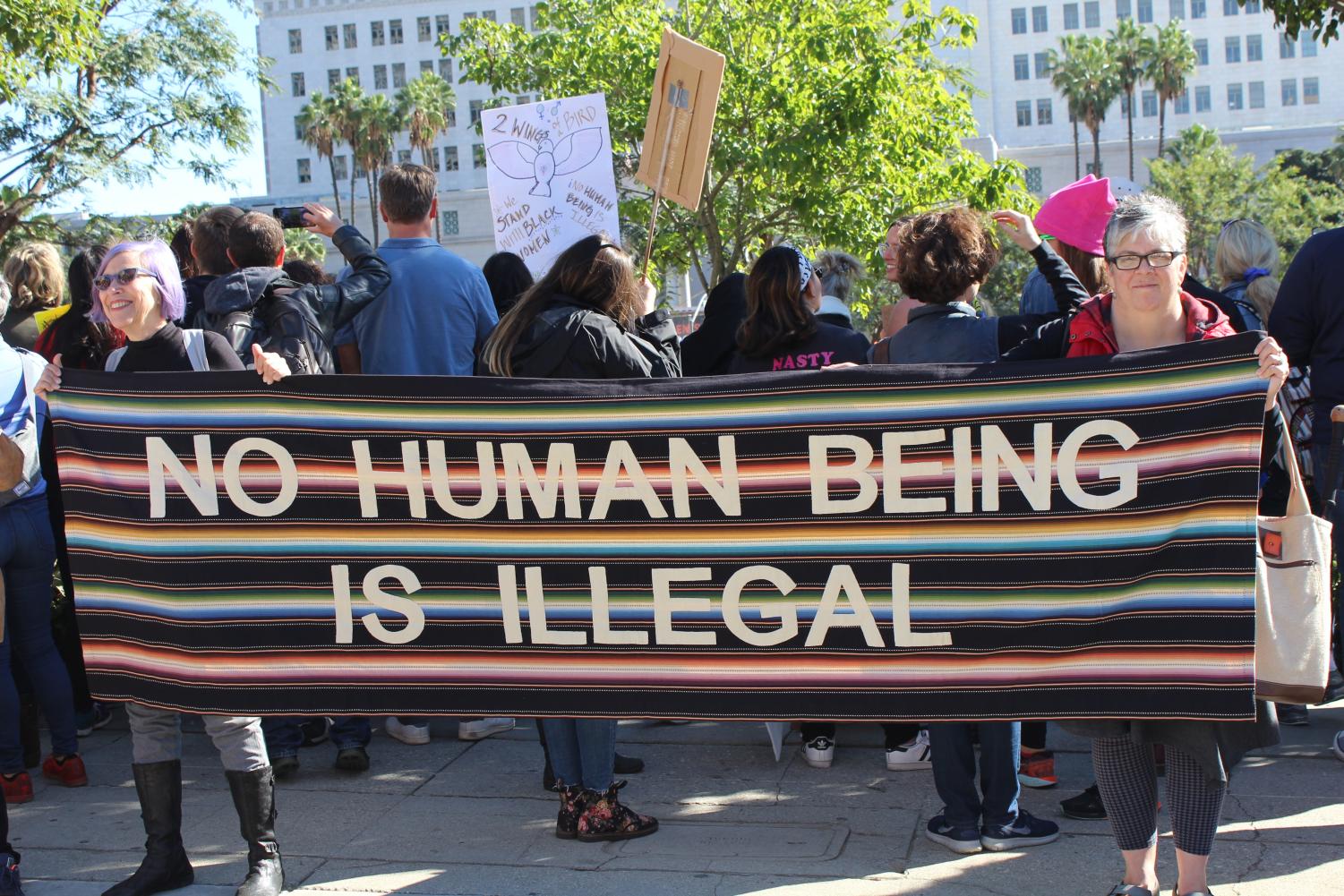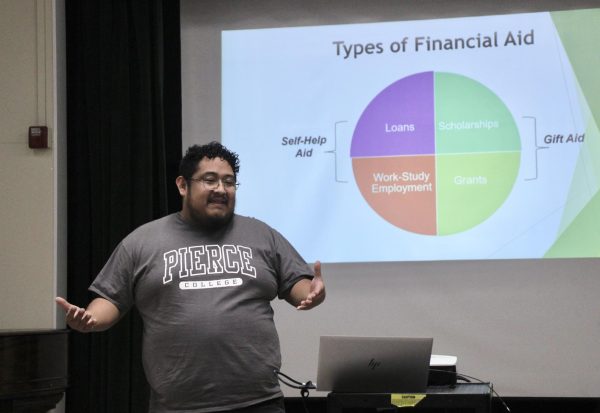Policy threatens to deport a generation of immigrants
February 13, 2018

Thousands of Salvadorans will be in danger of being deported as TPS comes to an end.
The Trump Administration has announced that it would cease renewal of Temporary Protected Status (TPS) for immigrants from El Salvador later this year.
The decision came as part of a renewed attempt by the Trump administration to fulfill the anti-immigrant platform Trump ran his presidential campaign on.
In November 2017, the administration announced it would be ending TPS for the 46,000 Haitian immigrants and 2,500 Nicaraguan immigrants in the country. The administration has also been engaged in a dispute with the Democrats over funding for Deferred Action for Childhood Arrivals (DACA). DACA is a program similar to TPS and grants protection against deportation and the ability to be legally employed to people who were brought to the United States illegally as children and requires renewal every two years.
TPS grants immigrants authorization to lawfully work and live in the U.S. To maintain TPS, one must re-register during designated registration periods every 18 months. The Trump Administration stated that Salvadorans would not be eligible to re-register after the registration period for this year closes.
The announcement sparked protests throughout the nation and the decision was denounced by numerous advocacy groups, including The National Hispanic Leadership Agenda (NHLA), a coalition of 45 of the nation’s most prominent Latino advocacy organizations.
“The United States has yet again turned its back on its promise to provide refuge for those who face violence and persecution in their home countries,” said NHLA Board Member Oscar Chacón.
El Salvador has one of the highest murder rates in the world and is home to some of the region’s most violent gangs, including MS-13 and Barrio 18. Opponents of the announcement have argued that revoking TPS status would mean that hundreds of thousands immigrant families affected would become prime targets for crime and many would almost certainly be killed.
The other side argues that El Salvador is no longer in a state of emergency and Salvadorans have no reason to not go back to their home country.
Unless the decision is reversed, Salvadorans have until Sept. 9, 2019 to either obtain a green card or leave the United States.


















